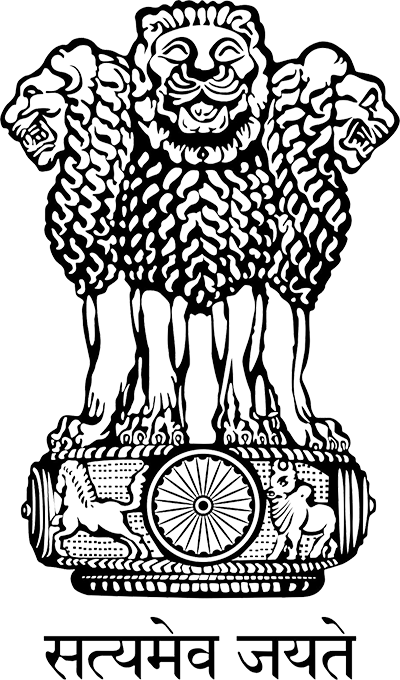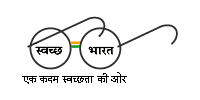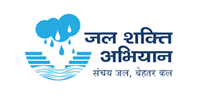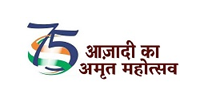Indian horticulture sector contributes about 33% to the agriculture Gross Value Added (GVA) making very significant contribution to the Indian economy. Apart from ensuring nutritional security of the nation, it provides alternate rural employment opportunities, diversification in farm activities, and enhanced income to farmers. India is currently producing about 320.48 million tones of horticulture produce which has surpassed the food grain production, that too from much less area (25.66 million Ha. for horticulture against 127.6 M. ha. for food grains). Productivity of horticulture crops is much higher compared to productivity of food grains (12.49 tones/ha against 2.23 tones/ha.). India has emerged as world leader in the production of a variety of fruits like mango, banana, guava, papaya, sapota, pomegranate, Lime & aonla and is the second largest producer of fruits and vegetables. Besides, India has maintained its dominance in the production of spices, coconut and cashewnut. Among the new crops, kiwi, gherkins, kinnow, date palm and oil palm have been successfully introduced for commercial cultivation in the country. Launch of National Horticulture Mission has spurred the production and productivity of horticultural crops. Productivity of horticulture crops has increased by about 38.5% between 2004-05 and 2021-22(3rd Advance Estimate). Increase in demand for horticultural produce due to greater health awareness, rising income, export demands and increasing population poses the challenge for further increasing the production and productivity of horticultural crops. The issue of climate change has thrown up greater uncertainties and risks, further imposing constraints on production systems.

















